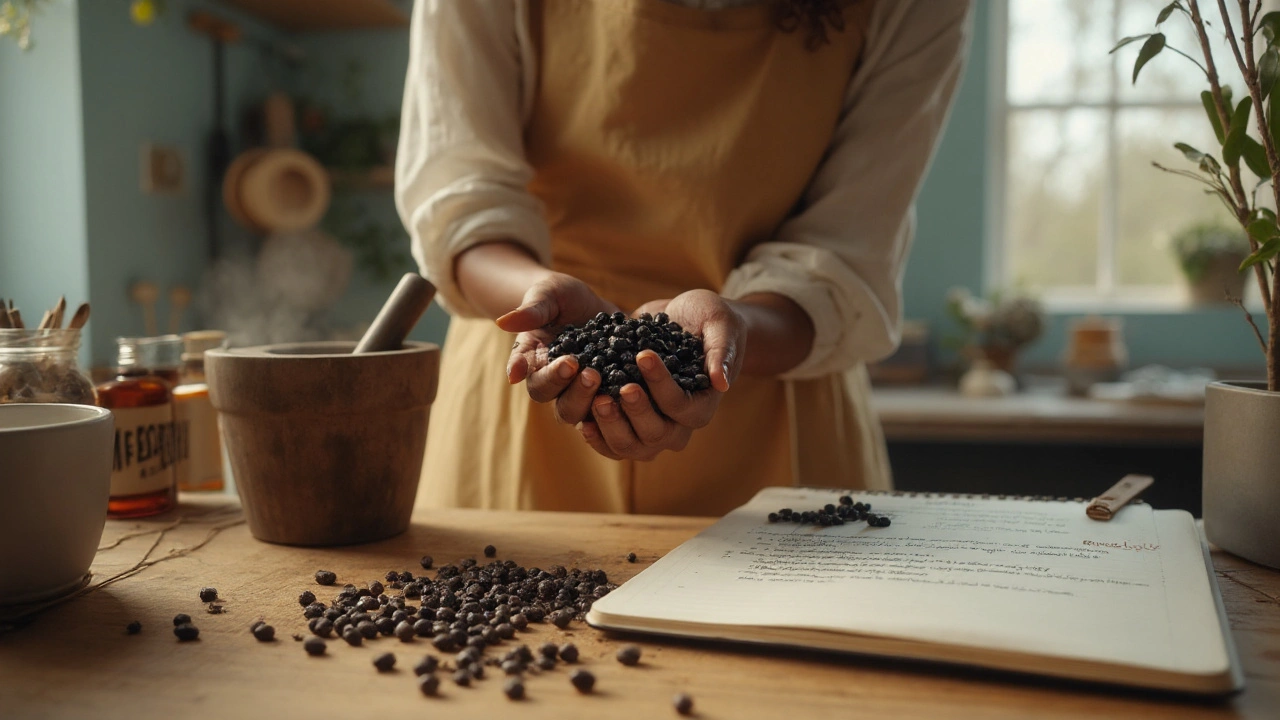Cubebs: What They Are and Why You Might Want Them
Ever heard of cubebs? They’re tiny pepper‑like berries that come from a tropical plant called Piper cubeba. Think of them as a cousin of black pepper, but with a smoky, citrusy twist. People have used cubebs for centuries in traditional medicine to settle the stomach and fight off infections.
Top Health Benefits You Can Expect
First up, digestion. Cubebs contain compounds that relax gut muscles, which can reduce bloating and help food move smoothly. If you’ve ever felt uncomfortable after a big meal, a cup of cubeb tea might ease the feeling.
Second, immunity. The essential oils in cubebs have antimicrobial properties, meaning they can help your body fight off nasty germs. A few drops in a diffuser or a spoonful in hot water can give your immune system a gentle boost.
Third, inflammation. Studies on related pepper plants show anti‑inflammatory effects, and early research suggests cubebs work similarly. That could mean less joint ache for people dealing with mild arthritis.
How to Use Cubebs in Everyday Life
The easiest way to start is a simple tea. Add one teaspoon of crushed cubeb berries to boiling water, let it steep for five minutes, then strain and sip. You’ll notice a warm, slightly bitter flavor that’s perfect after dinner.
If you’re not into tea, try sprinkling ground cubebs on roasted veggies or in marinades. A pinch adds depth without overwhelming other spices. For those who prefer capsules, many online shops sell pre‑measured cubeb extracts – just follow the label dosage.
Safety-wise, cubebs are generally mild, but they can interact with blood thinners if you take a lot. Stick to small amounts (a teaspoon of powder or one capsule per day) and check with your doctor if you’re on medication.
When buying, look for reputable vendors that test for purity. Organic, whole‑berry products tend to retain more of the beneficial oils than heavily processed powders.Overall, cubebs are a low‑cost, versatile herb that can support digestion, immunity, and inflammation. Give them a try in tea or food, start with a small dose, and see how your body responds.

